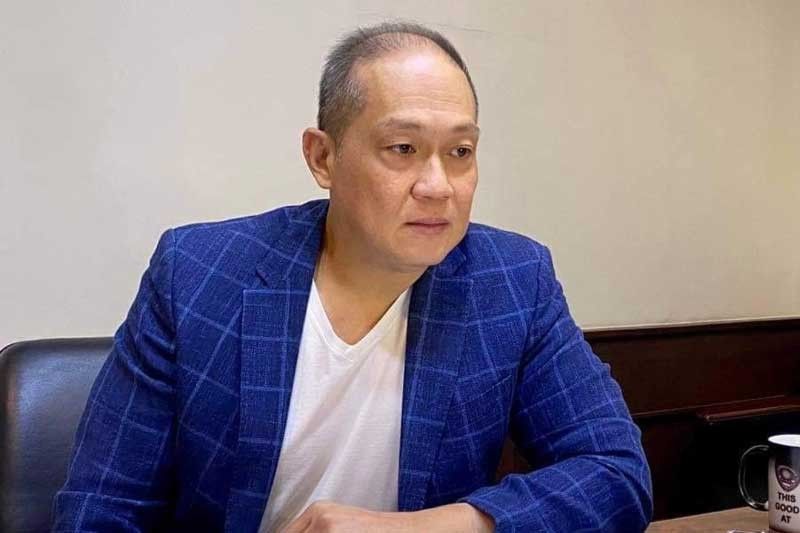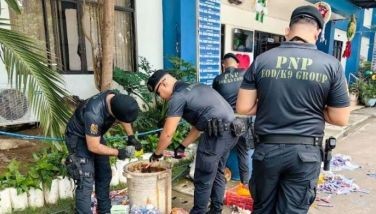Council sets new rules on hearing cases vs brgy execs

CEBU, Philippines — The Cebu City Council has amended City Ordinance No. 1510 or “An Ordinance Prescribing the Procedure for the Filing and Disposition of Administrative Complaints Against Elective Barangay Officials.”
“While this procedure may have greatly eased the burden of the council ensuring so much of its time in the conduct of its regular business, yet, it is observed that the current procedure needs to be enhanced to attain the desired procedural uniformity in the speedy disposition of the cases without the parties being denied the elements of due process,” read the portion of ordinance authored by Councilor Franklyn Ong.
As amended, Section 2 states the ordinance shall only be applicable to administrative cases filed against elective barangay officials, which should be filed with the Office of the Secretary to the Sangguniang Panlungsod.
This shall not apply to cases or complaints filed against non-elective barangay officials or non-administrative cases filed against elective barangay officials.
Section 4 provides that the only pleadings allowed to be filed are the complaint, which should clearly show the facts and legal ground/s that gave rise to the complaint, with a certification of non-forum shopping, and the answer.
“All pleadings must be verified. Both complaint and answer must be supported by affidavits of the parties and their witnesses which shall constitute their direct testimonies, and such other relevant documents that would substantiate their respective allegations,” Section 4 further states.
Upon receipt of the appropriate complaint, the Secretary to the SP, within seven days, shall require the respondent/s to file an answer within a period of 15 days from receipt of such notice.
The Secretary shall also ensure that all pleadings must be verified and that only the pleadings allowed are submitted by both parties and are formed part of the records of the case.
Upon receipt of the report from the Secretary with the records of the case, the SP shall, by resolution, endorse the same to the Committee on Barangay Affairs for the conduct of conciliation conference to attain the possibility of an amicable settlement.
Within 15 days upon receipt of the endorsement from the SP, the Committee, through its chairperson shall call both parties to a maximum of three conciliation conferences provided that the period from the first to the third conciliation conference shall not exceed 60 calendar days.
In the event that both parties fail to settle amicably within the specified period and after three conciliation conferences, or both parties signify its unwillingness to settle amicably in writing, the committee shall make a certification to this effect and endorse the same to the SP through the Secretary for immediate disposition.
Failure of the complainant to attend at least two conciliation conferences shall result in the dismissal of the complaint.
On the other hand, failure of the respondent to attend at least two conciliation conferences would constitute a waiver, and the proceeding at this level is terminated.
There are two hearing committees constituted, the north hearing committee and south hearing committee, which shall form part of the standing committees of the SP.
The north hearing committee shall hear all the cases involving elective barangay officials from the north district, while the south hearing committee shall hear all the cases involving elective barangay officials from the south district.
Two new sections were provided in the amendment ordinance.
First, Section 10 states that upon receipt of the findings and recommendations from the hearing committee, the SP shall discuss, amend, or approve the findings or recommendations of the said committee, as the case may be.
The SP shall render a decision, through a resolution, stating clearly and distinctly the facts and the reasons for such decision as prescribed under Section 66 of the Local Government Code.
The decision shall be final and executory.
Second, Section 11 states that notwithstanding parties’ seeking of a reversal or modification of the SP’s final decision in any court, tribunal, office or agency, execution thereof cannot be stayed unless an injunction is secured by the aggrieved party and served upon the SP. — GMR (FREEMAN)
- Latest

























